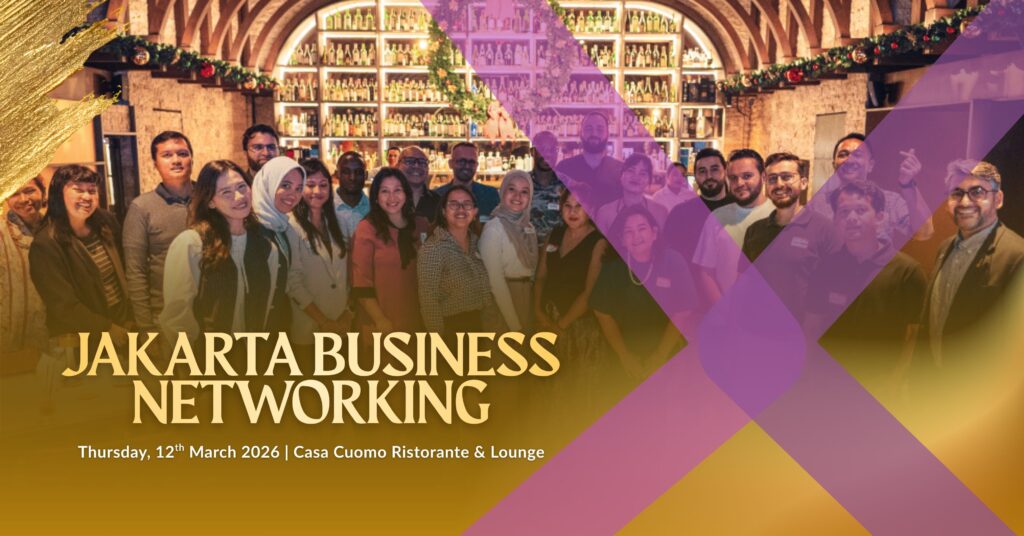Every year in Majalengka Regency, West Java, the celebration of Indonesia’s Independence Day carries a distinctive local tradition. Known as the “City of Wind,” Jatiwangi hosts a bodybuilding competition unlike any other.
The participants are not professional athletes, but factory workers from the area’s renowned roof tile industry.
This event, held every 11 August, brings together employees from various roof tile factories across the region. Since its first edition in 2015, it has grown into an annual cultural marker that combines physical strength, creativity, and community pride.
Ila Syukrillah Syarief, organiser of the inter-factory bodybuilding competition, explained its origins: “Starting in 2015, we began to establish the Jatiwangi Roof Tile Museum. One way to spread the word that Jatiwangi still exists is by holding the Jebor Bodybuilding Competition.”
Jatiwangi Cup: Preserving Roof Tile Heritage Through Muscle and Pride
The idea was initiated by the Jatiwangi Art Factory (JaF), a non-profit arts organisation that has long sought to connect local traditions with contemporary cultural practices.
The bodybuilding competition, formally known as the Jatiwangi Cup, is more than a contest of physique; it is a statement about the enduring identity of a community shaped by clay.
In Jatiwangi, the roof tile industry has been at the centre of local life since 1905.
The dark red tiles produced here have roofed factories built during the Dutch colonial period, such as the Jatiwangi and Kadipaten sugar factories, as well as prominent buildings, including the Bung Karno Sports Stadium, Soekarno-Hatta International Airport, and countless homes across Indonesia.
In the competition, workers perform with the confidence of seasoned bodybuilders. They flex their muscles, strike poses, and even incorporate props, such as roof tiles, as part of their performance.
Their daily work, moulding clay and lifting stacks of tiles, naturally builds strength and stamina. With oil rubbed on their bodies, they step on stage not just as competitors but as representatives of a tradition passed down through generations.
“For us, this stage is a chance to show pride in our bodies, which have been forged by years of work in the factory,” one participant explained.
A Tradition with a Message
Behind the lively performances lies a more serious purpose. The traditional roof tile industry faces mounting pressures. Modern alternatives such as spandex tiles, asbestos, and concrete increasingly dominate the market.
Meanwhile, rising costs for clay and loam, along with challenges in securing fuel and labour, put further strain on local producers.
Younger generations are less inclined to enter the trade.
“Jabor-jabor [roof tile makers] also have difficulty finding craftsmen due to the lack of interest among residents in working in tile factories,” noted Ila, as reported by Detiknews.
Many secondary school graduates prefer jobs in the garment or shoe industries, leaving tile factories reliant on workers aged between 30 and 50, often with only a primary school education.
The bodybuilding competition seeks to highlight these challenges in a creative and accessible way. It reminds the public of the roof tile’s cultural and economic significance, and of the labour that sustains it. As JaF puts it, the competition is a blend of work, art, and tradition.
“This event is not just entertainment. It is a way of saying that we are still here, and we will not abandon the profession and traditions that have been passed down from previous generations,” said one of the organisers.
Culture at the Heart of Community Life
The event is widely seen as a form of collective art. For the workers, it is a rare opportunity to celebrate their bodies, usually defined by hard labour, in a public and appreciative setting. For the community, it is a reminder that strength is not only physical but also cultural.
The connection between Jatiwangi and its tiles is deeply ingrained. From rooftops and factory chimneys to the walls of houses, roof tiles are not simply materials but markers of identity. The Jatiwangi Cup reflects this reality, serving both as entertainment and as a strategy to revive the declining industry.
Each year, the competition attracts greater attention, with visitors drawn to witness this unusual celebration.
The sight of workers posing beneath simple lights, their muscles gleaming with oil, has become both a spectacle and a statement: that tradition and labour can stand proudly together.
The Jatiwangi Cup is more than a sporting contest. It is part of an ongoing struggle to preserve a cultural legacy at risk of fading in the face of modernisation.
While the industry wrestles with economic realities, the competition demonstrates how creativity can serve as both resistance and revival.
To travel from Jakarta to Jatiwangi, visitors can take a bus from Kampung Rambutan, Bekasi, or Cikarang terminals, choosing from routes via Bandung, Subang, or Cirebon/Indramayu. Upon arrival, they find a community where the pulse of life continues to beat in rhythm with the clatter of clay tiles.


































